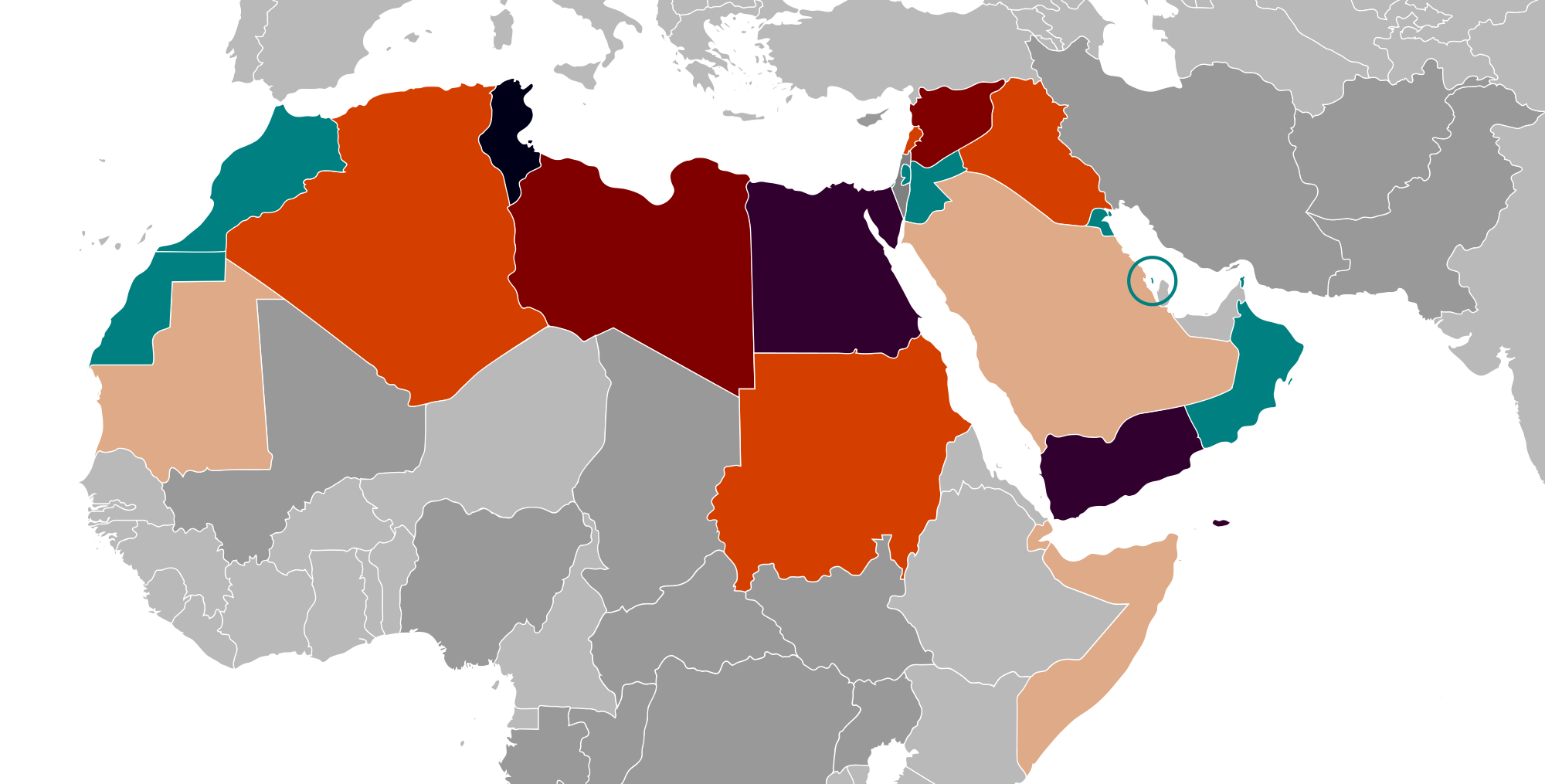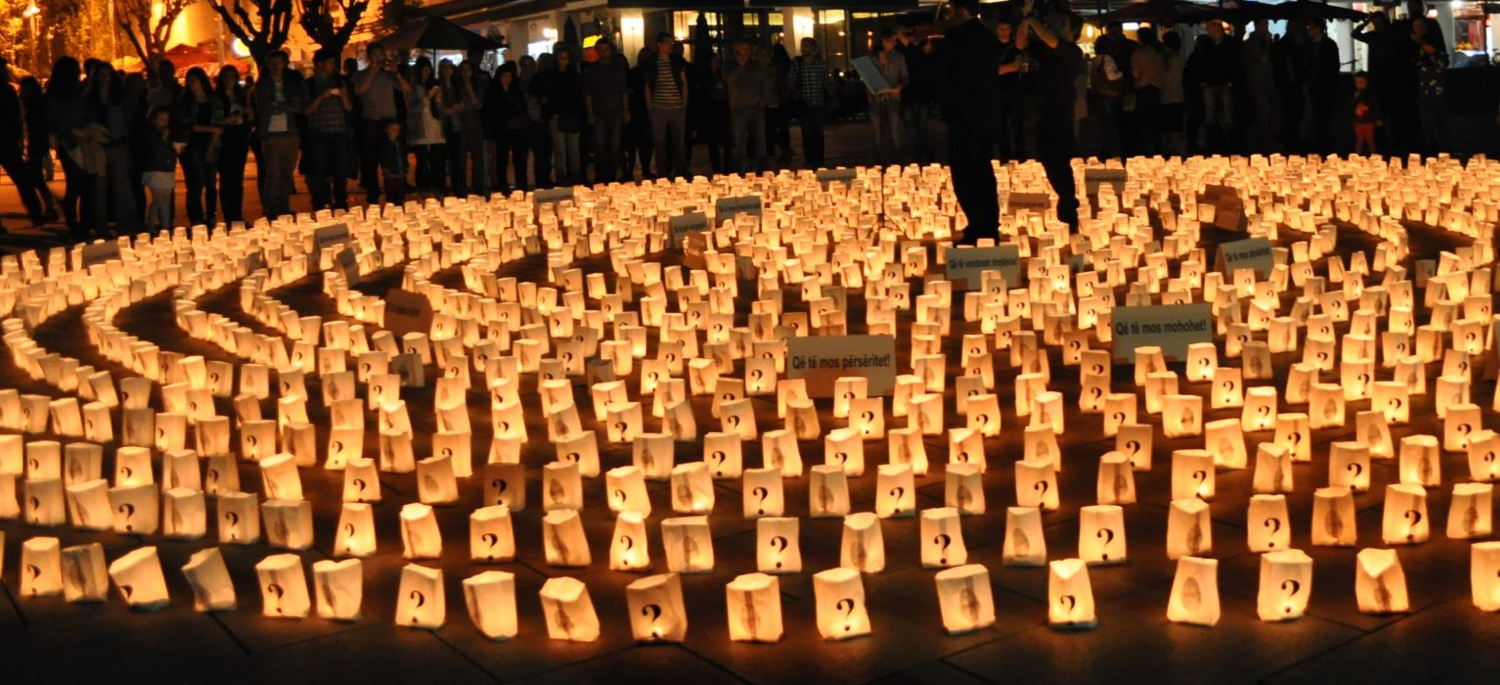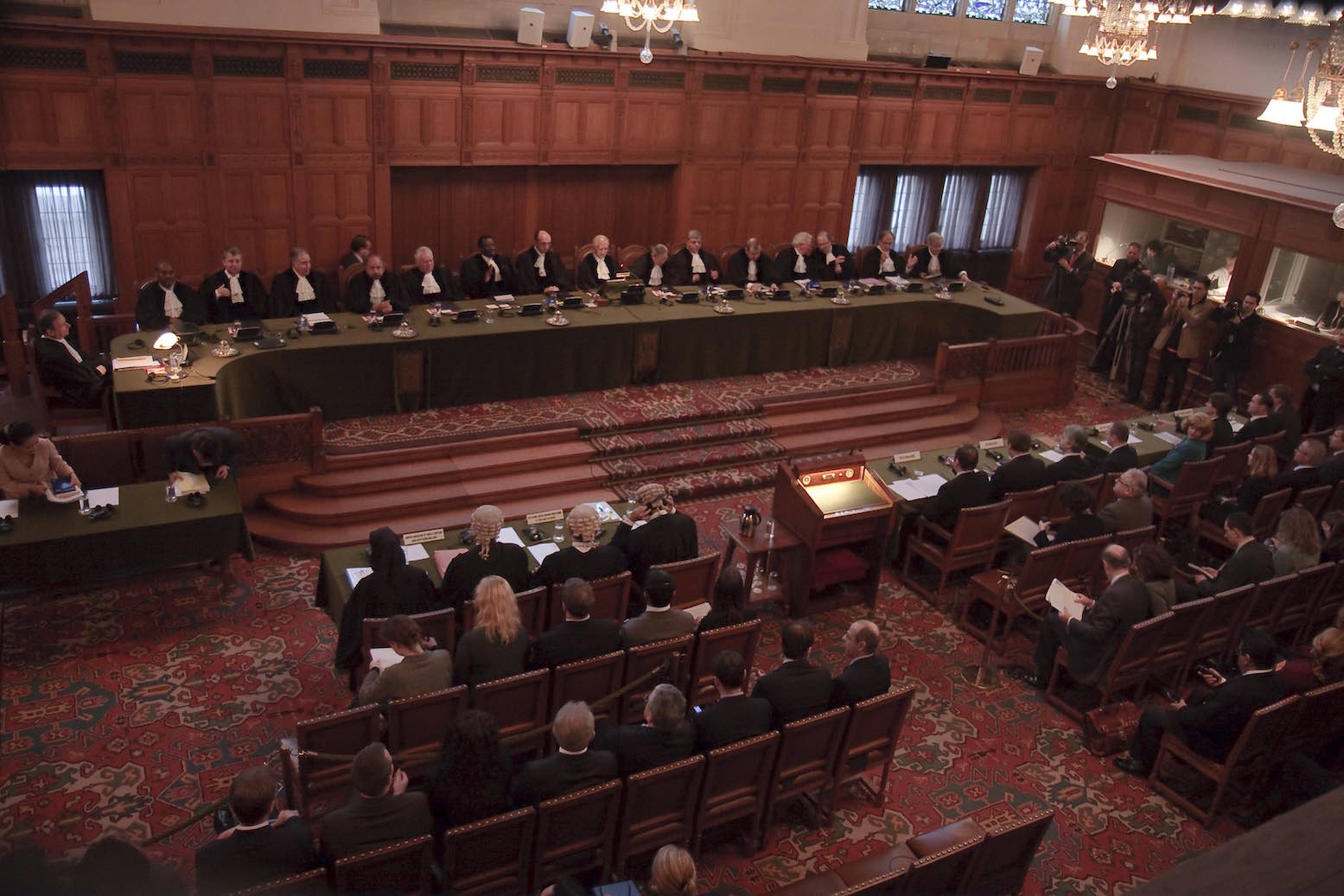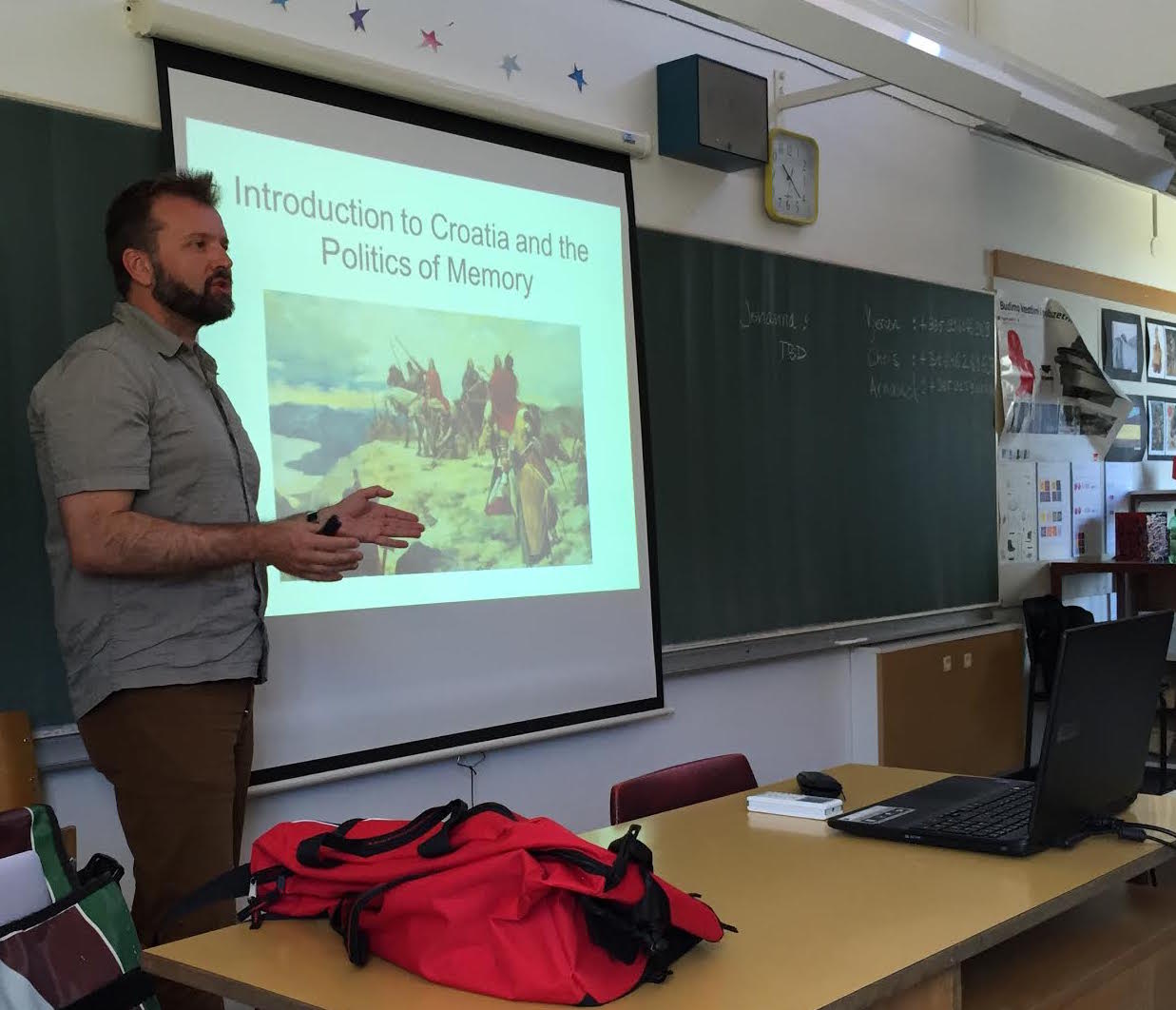
Political changes unleashed by the 2011 Arab Spring plunged the Middle East and North Africa into political turmoil resulting in domestic and international power realignments. These developments have witnessed the outbreak of armed conflict in Libya, Syria and Yemen, a failed transition in Egypt, and the violent suppression of popular protests in the Gulf. Yet, at the same time, Tunisia, has managed to successfully negotiate its transitional process. In his engaging lecture, one of the co-founders, Dr. Chris Lamont sought to answer the following questions: What explains these divergent outcomes? What role did transitional justice polices play in acting as a catalyst for success or failure? Drawing from his extensive fieldwork experience in many of these case studies, he discussed different context-specific transitional justice mechanisms. The tools to deal with post-conflict and post-authoritarian injustice have become increasingly professionalized, including criminal trials, truth commissions and practices of memorialization, among others. According to him, however, “at the same time, there remains little understanding of the impact of these measures upon transitional processes.” Current scholarship in the field ought to further explore these boundaries. One of the Summer School’s main objective consists therefore of innovative and interactive research presentations, engaging students and lecturers.








